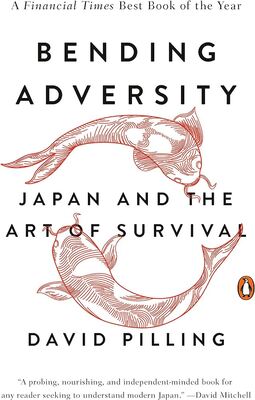
Henry Kissinger, former US secretary of state, once told Zhou Enlai, Mao Zedong’s right-hand man, that he thought Japan’s ‘tribal outlook’ made it capable of rapid change. Like other nations convinced of their own exceptionalism, including the US, Japan’s historical ability to transform and rejuvenate in radical ways is rooted in a strong sense of itself. ‘Japan believes that their society is so different that they can adjust to anything and preserve their national essence,’ Kissinger said. ‘Therefore the Japanese are capable of sudden explosive changes. They went from feudalism to emperor worship in two to three years. They went from emperor worship to democracy in three months.’
Both Japan and China, at one stage in their history, banned the construction of seafaring vessels capable of sailing far from land. In Japan’s case, that was largely to prevent its people from being poisoned by foreign ideas, whether those were Christianity or rebellion against the shogun who topped the feudal order.
They use the term sebiro to mean suit, mostly unaware that the word is a distortion of Savile Row, a London street famed for its men’s tailors.
According to Keene, most Japanese regarded foreigners, particularly hairy Europeans, as ‘a special variety of goblin that bore only superficial resemblance to a normal human being’.
The establishment took to pressing western morals on its populace, for example forbidding public nakedness and mixed bathing. One such ordinance proclaimed that although ‘this is the general custom and is not so despised among ourselves, in foreign countries this is looked on with great contempt. You should therefore consider it a great shame.’
The ‘Narita divorce’, named after the international airport, describes the phenomenon of post-honeymoon separations. These are said to occur when internationally minded, confident women discover that their monolingual, narrow-minded husbands can’t function outside Japan.